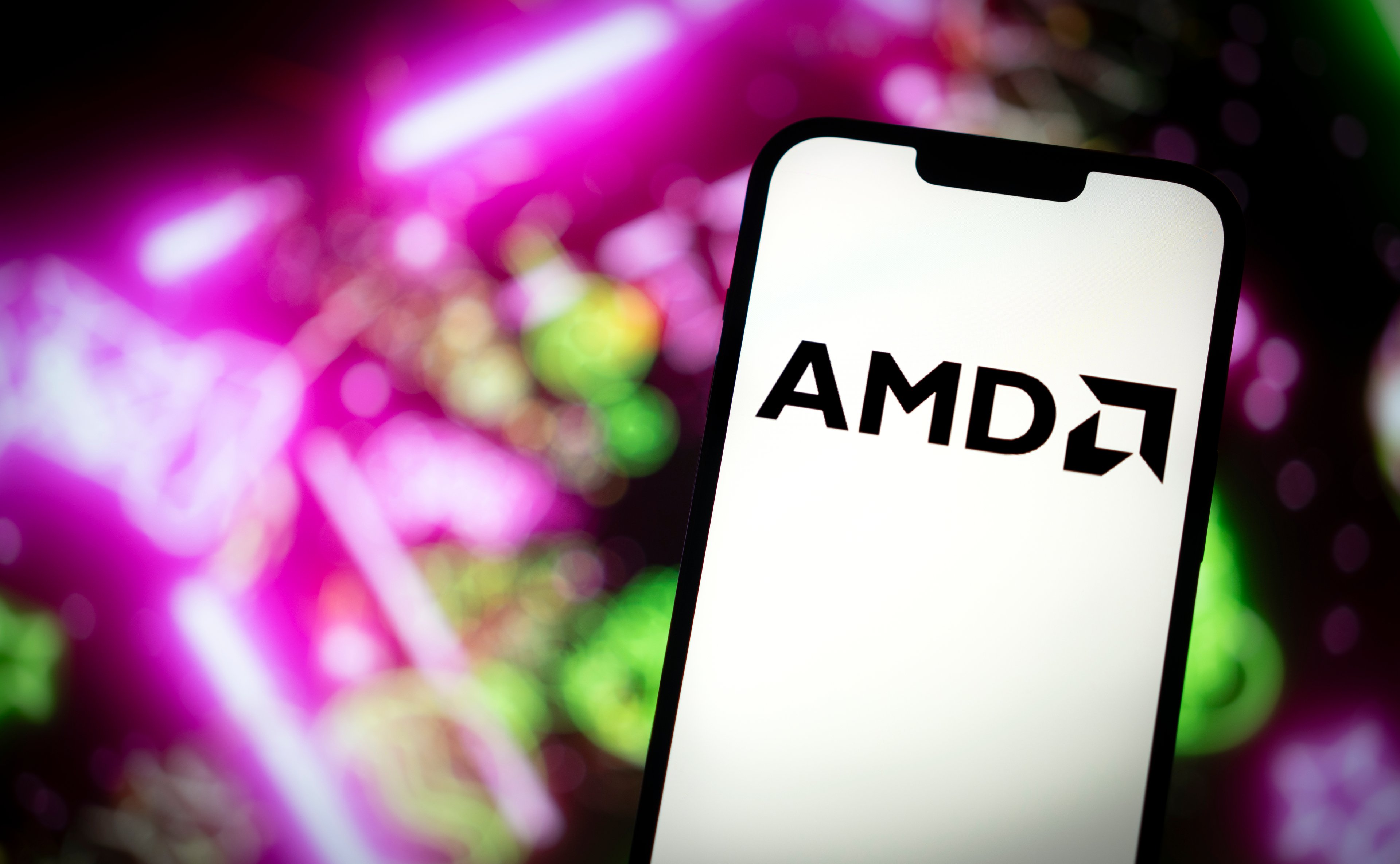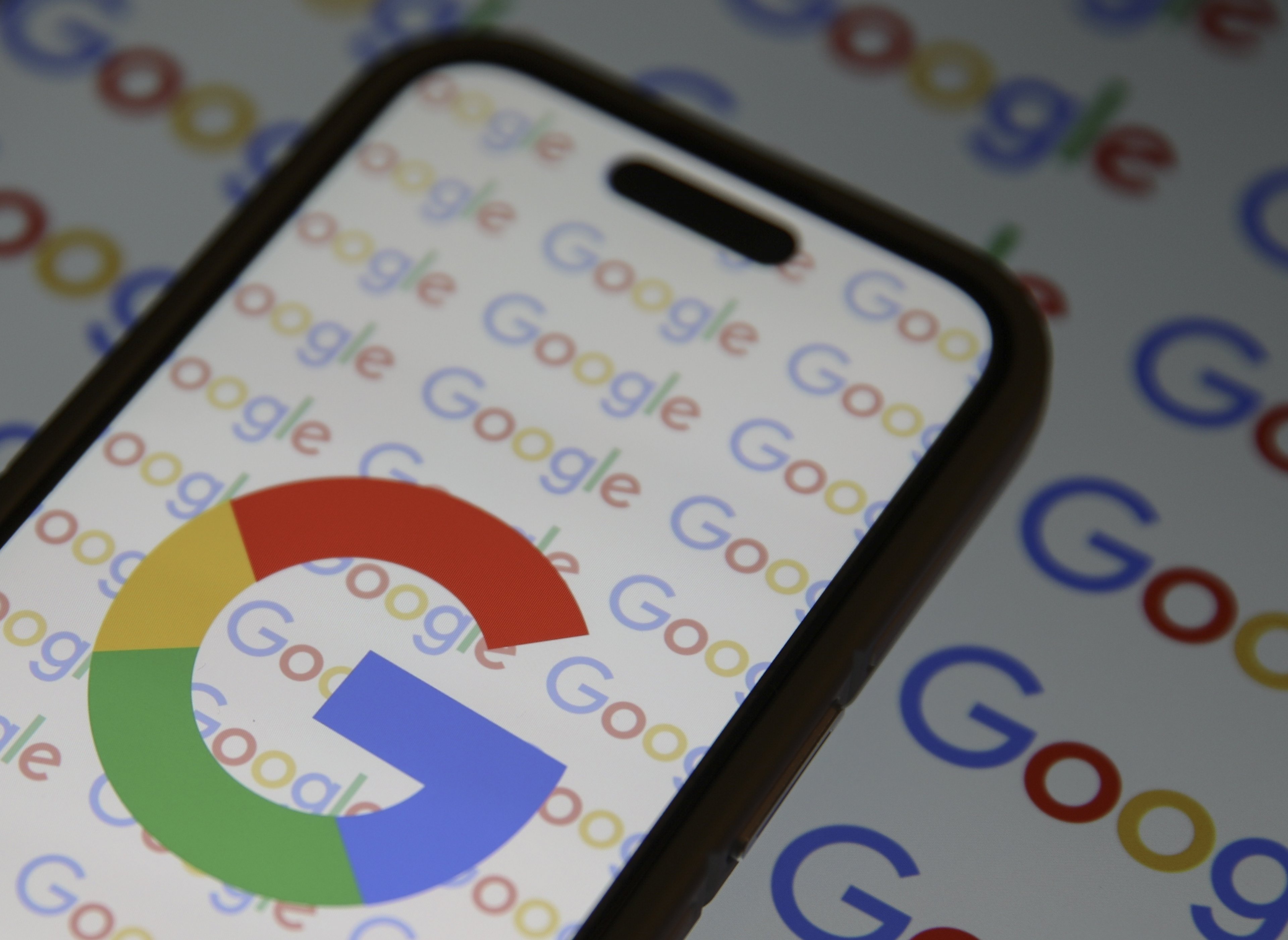Earlier this month, the Federal Trade Commission (FTC) announced a special order demanding additional information from five large tech companies, including Alphabet (GOOG 3.14%) (GOOGL 3.21%), regarding prior acquisitions over the past decade that may have fallen under the official reporting thresholds laid out by the Hart-Scott-Rodino (HSR) Act.
As part of broader antitrust scrutiny that the tech industry is receiving, regulators are now concerned that large corporations may have stifled competition by acquiring start-ups that potentially could have grown to eventually become viable competitors. Google's acquisition of Invite Media in 2010 is just the type of deal that the FTC is looking at.

Image source: Google.
Avoiding regulatory review
This week, Bloomberg detailed how Invite Media actively worked to reduce its reported assets specifically in order to dodge regulatory review of the acquisition. Invite Media was an ad tech start-up that operated a bidding exchange for display ads, also known as a demand-side platform, that Google bought for an estimated $80 million, although that price tag has never been formally confirmed.
"What we did was we collected as much accounts receivable as possible and immediately paid out everything we could so we didn't have enough money on the books to trigger the FTC stuff," Invite co-founder Michael Provenzano told the outlet. Like cash, accounts receivable is an asset on the balance sheet, so the goal was to use as much cash as possible to pay down near-term liabilities.
As a result, Google did not submit the proposed deal to regulators for review. The HSR reporting threshold is adjusted each year based on changes in gross national product -- 2020's threshold of $94 million takes effect today. The HSR threshold for 2010 was $63.4 million, a reduction from the prior year's $65.2 million threshold due in part to the U.S. economy just starting to emerge from the Great Recession at the time.
An $80 million acquisition would appear to require reporting since it was above the threshold, but the FTC also imposes a "size of person" test that measures total assets in conjunction with a "size of transaction" test. The "size of person" threshold for 2010 was $12 million, and Provenzano reportedly told Invite Media's bank to be prepared for its corporate bank account balance to drop to "a dollar."
Google and Invite were able to successfully avoid review, as both tests must be met to trigger antitrust review for deals valued at less than $253.7 million. Any transaction above that threshold requires pre-merger review regardless of those tests.
In contrast, larger ad-related acquisitions like DoubleClick ($3.1 billion in 2007) or AdMob ($750 million in 2009) were well above the HSR threshold and were reviewed by antitrust regulators accordingly. Google built its empire by scooping up various companies and integrating them all together into the sophisticated advertising engine we know today.
Bloomberg also notes that of the five tech giants that the FTC is scrutinizing, Alphabet had the largest number of small deals that weren't subject to regulatory review.






